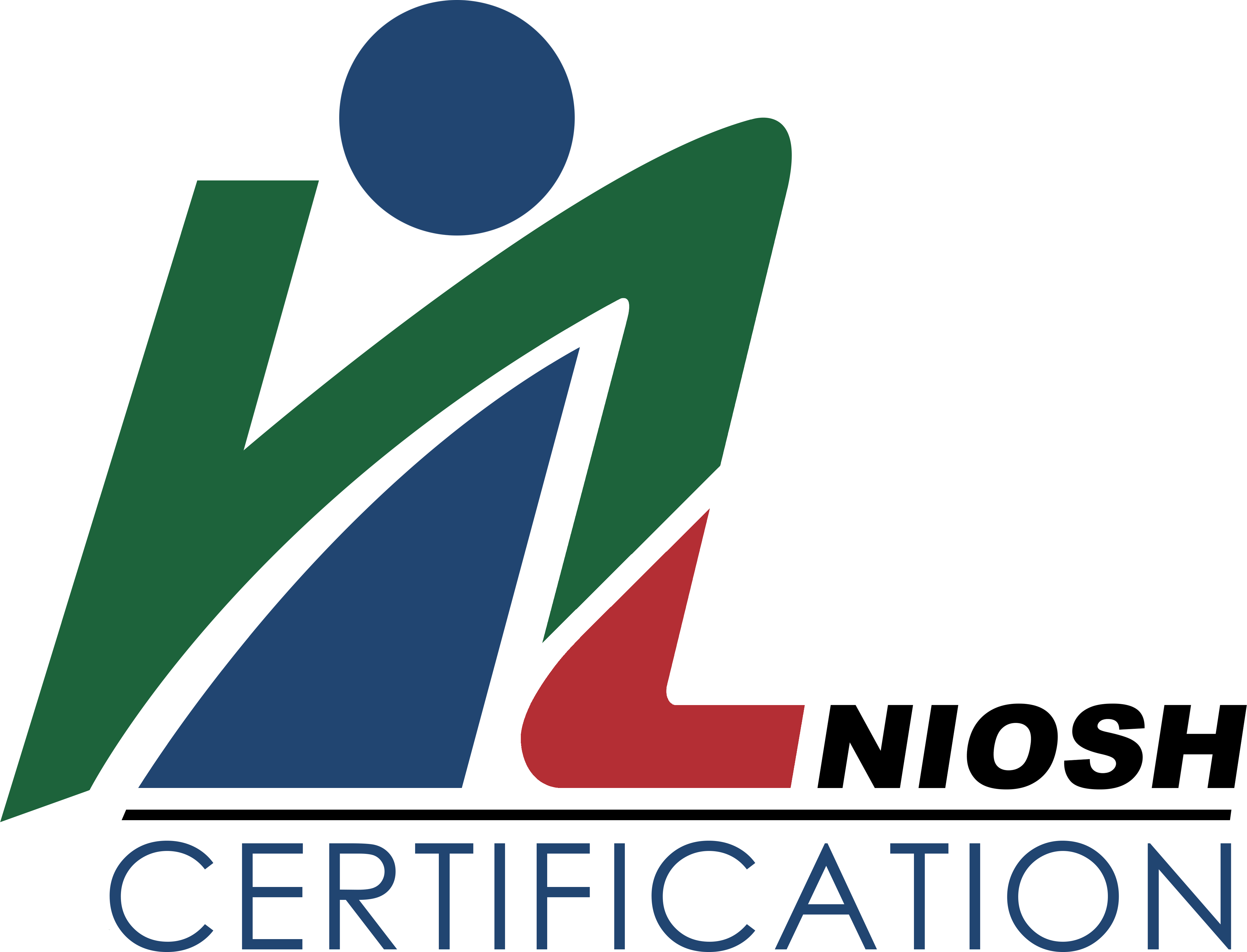International Sustainability and Carbon
ISCC
Description:
International Sustainability and Carbon Certification (ISCC) offers a comprehensive framework for the implementation and certification of supply chains that adhere to principles of sustainability, traceability, and deforestation-free practices. ISCC operates certification systems for different markets. These systems are ISCC EU, ISCC PLUS, ISCC CORSIA/ISCC CORSIA PLUS.
ISCC EU Certification is a specialized certification scheme designed to ensure the sustainability and responsible sourcing of waste and residue materials, particularly in the palm oil industry. It verifies compliance with strict sustainability criteria outlined in the European Union Renewable Energy Directive (RED II), covering environmental, social, and economic aspects of production and supply.
Following the ISCC System Updates on 28 April 2023, new strengthened requirements for waste and residue supply chains will come into effect on 1 August 2023. Notably, individual certification as Point of Origin for Palm Oil Mills and Refineries seeking to supply waste and residue material under ISCC will become mandatory.
This certification covers the entire supply chain process, from production to transportation and distribution, ensuring that waste and residue materials are sustainably sourced and meet high-quality standards.
Main Components:
- Sustainability Criteria: Ensures raw materials are sourced from sustainable origins, protecting biodiversity and carbon stocks.
- Greenhouse Gas (GHG) Emissions Reduction: Requires calculations and verification of emissions savings to meet sustainability targets.
- Traceability & Mass Balance: Tracks certified materials throughout the supply chain to prevent mixing with non-certified products.
- Social Responsibility & Human Rights: Ensures fair labor conditions, land rights protection, and compliance with ethical standards.
- Waste & Residue Processing: Covers the use of waste-based and recycled materials for biofuels and other sustainable applications.
- Legal Compliance: Meets national and international sustainability regulations, including EU Renewable Energy Directive (RED II).
Who should be certified:
- Agricultural Producers: Farmers and plantation owners who produce raw materials such as crops and biomass.
- Bioenergy Producers: Companies involved in the production of biofuels, biogas, and other bioenergy products.
- Food and Feed Industry: Organizations that process agricultural raw materials into food and animal feed products.
- Chemical Industry: Companies that use biomass and other renewable resources as feedstock for chemical production.
- Retailers and Wholesalers: Businesses involved in the distribution and sale of certified sustainable products.
- Logistics and Supply Chain Companies: Organizations that handle the transportation, storage, and distribution of certified materials and products.
- Traders and Brokers: Entities that trade certified sustainable raw materials and products.
- Certification Bodies: Organizations that perform audits and verify compliance with ISCC standards.
Benefits:
- Ensures compliance with EU Renewable Energy Directive (RED II) requirements, making it mandatory for waste and residue materials supplied to the EU market.
- Ensures compliance with ISCC PLUS requirements for markets outside of the European Union
- Certified waste and residue materials gain access to meet sustainability criteria, opening doors to new market opportunities
- Encourages ongoing monitoring, audits, and reviews to drive continuous improvement in sustainability practices and supply chain transparency
- Demonstrate their commitment to sustainability, responsible sourcing, and environmental stewardship in the palm oil industry
- Enhances corporate image and branding and improve access to global markets
Contributes to SDGs:
- Goal 2: Zero Hunger
- Goal 3: Good Health and Well-being
- Goal 6: Clean Water and Sanitation
- Goal 7: Affordable and Clean Energy
- Goal 8: Decent Work and Economic Growth
- Goal 9: Industry, Innovation, and Infrastructure
- Goal 12: Responsible Consumption and Production
- Goal 13: Climate Action
- Goal 14: Life Below Water
- Goal 15: Life on Land
- Goal 17: Partnerships to Achieve the Goal
By adhering to ISCC standards, certified organizations contribute to a more sustainable and environmentally friendly global economy, aligning their operations with multiple SDGs.

